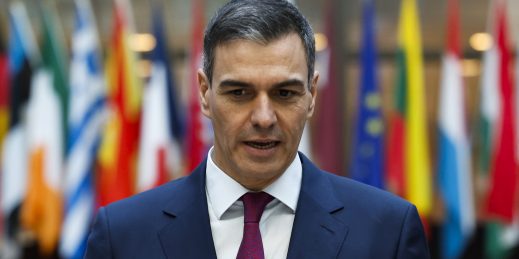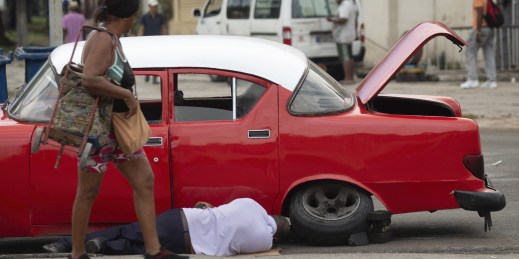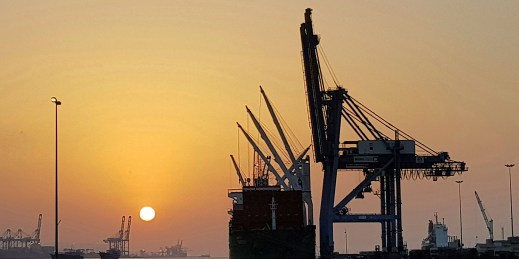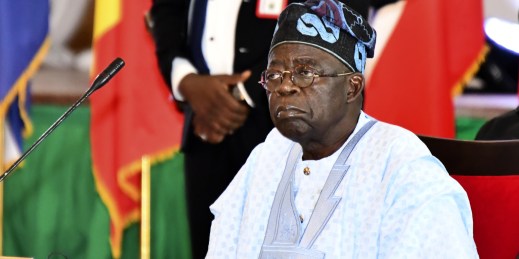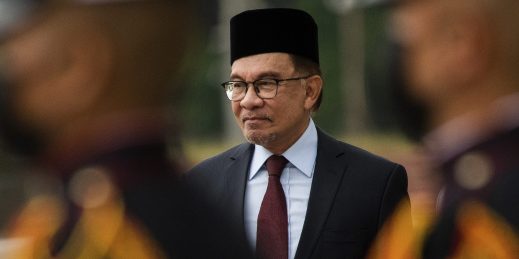
When Malaysian Prime Minister Anwar Ibrahim took office, even his own supporters doubted that he could tackle much-needed reforms. But they expected to see at least some of the changes he had promised during his years in opposition. Slightly more than a year into Anwar’s term, however, he has scant progress to show on any front.

